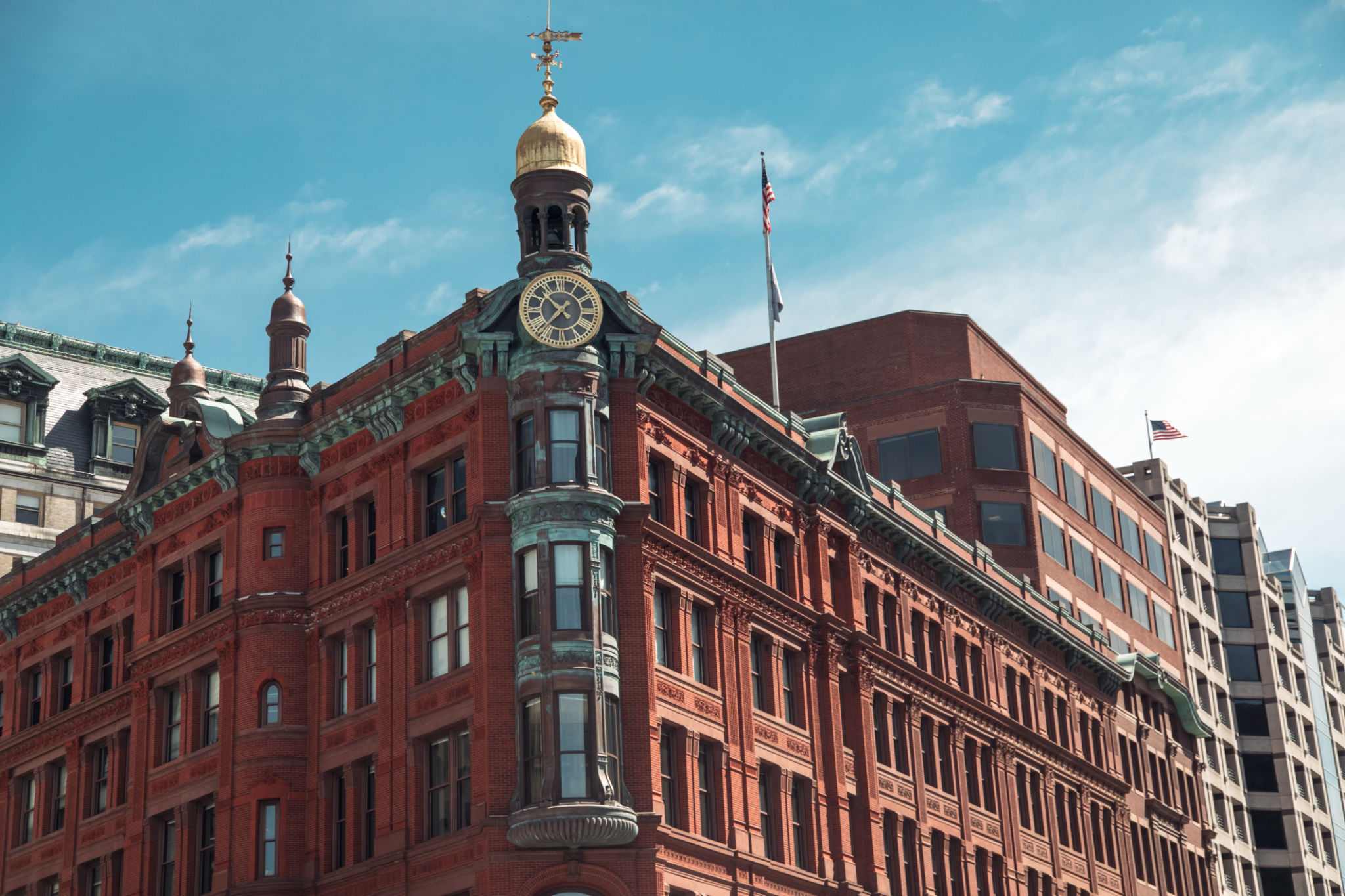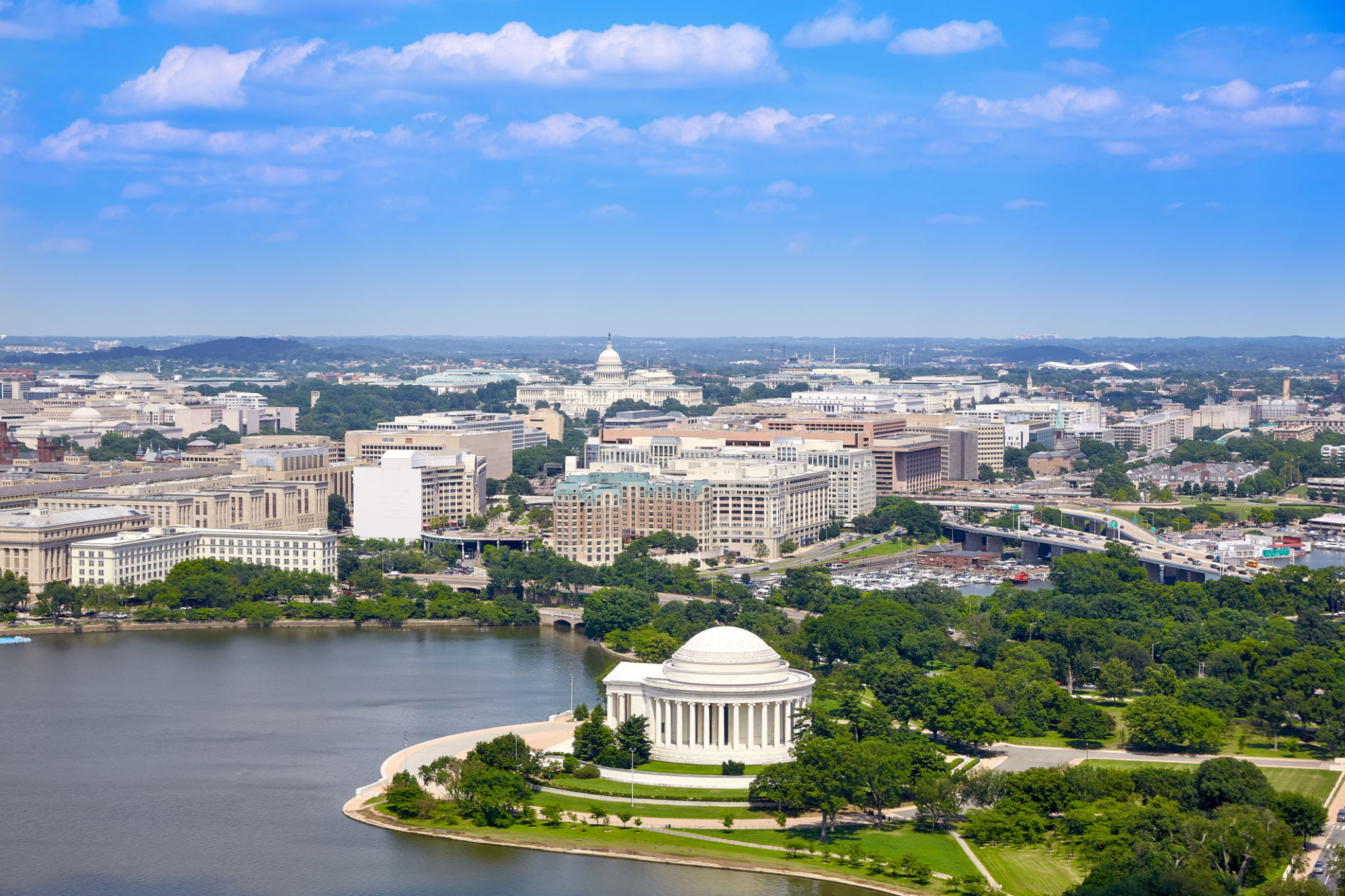Navigating Local Regulations: A Guide for Construction Projects in Washington DC
Understanding the Basics of Local Regulations
When embarking on a construction project in Washington DC, it is crucial to have a comprehensive understanding of local regulations. The city's unique architectural heritage and urban planning policies make it imperative for builders and developers to adhere to specific guidelines. Knowing the basics can help you avoid potential legal issues and ensure your project runs smoothly.
Washington DC's regulations are designed to maintain the city's historic charm while accommodating modern development needs. This involves a delicate balance of preserving historical sites and promoting new constructions that align with the city's aesthetic values. As such, it is essential to familiarize yourself with zoning laws, building codes, and environmental regulations that may affect your project.

Obtaining Necessary Permits
One of the first steps in navigating local regulations is obtaining the necessary permits. In Washington DC, this process can be complex, involving multiple agencies and detailed documentation. Depending on the scope and nature of your project, you may need permits for construction, demolition, electrical work, plumbing, and more.
To streamline this process, consider working with a professional who has experience in handling construction permits in DC. They can assist you in gathering required documents, submitting applications, and ensuring compliance with all legal requirements. This proactive approach can save time and reduce the risk of costly delays.
Zoning Laws and Land Use
Zoning laws in Washington DC dictate how land can be used and what types of structures can be built in different areas. These laws are designed to ensure the harmonious development of residential, commercial, and industrial zones. Understanding these regulations is crucial for planning your construction project effectively.
Before breaking ground, verify that your project aligns with the zoning classification of your site. You may need to apply for a zoning variance or special exception if your proposed use or structure does not conform to existing regulations. Consulting with local zoning officials can provide clarity and guidance.

Environmental Considerations
Environmental regulations play a significant role in construction projects within Washington DC. These regulations aim to protect natural resources and ensure sustainable development practices. Projects may be subject to assessments related to air quality, water management, and waste disposal.
Compliance with environmental laws not only protects the environment but also enhances the community’s quality of life. Engage with environmental consultants early in your project planning to understand potential impacts and necessary mitigation measures.
Historic Preservation Requirements
Washington DC is renowned for its historical landmarks and neighborhoods. If your construction project is located in a designated historic district, additional preservation guidelines will apply. These guidelines are designed to preserve the architectural integrity and cultural significance of historical sites.

Collaborating with preservation experts can help you navigate these requirements effectively. They can provide recommendations on materials, design elements, and construction techniques that align with preservation standards while achieving your project's goals.
Working with Local Authorities
Establishing a positive relationship with local authorities is beneficial for any construction project in Washington DC. Regular communication with city planners, inspectors, and other officials can facilitate smoother project execution. They can offer valuable insights into regulatory changes, approval timelines, and compliance strategies.
Attend community meetings and engage with stakeholders to build rapport and address any concerns that may arise during the construction process. This proactive approach fosters collaboration and ensures that your project aligns with community expectations and regulatory frameworks.
Conclusion
Navigating local regulations for construction projects in Washington DC requires thorough research, strategic planning, and collaboration with experts. By understanding zoning laws, obtaining necessary permits, considering environmental impacts, and respecting historic preservation guidelines, you can ensure successful project execution. Ultimately, staying informed and engaged with local authorities will lead to a smoother construction process that benefits both your project and the community at large.